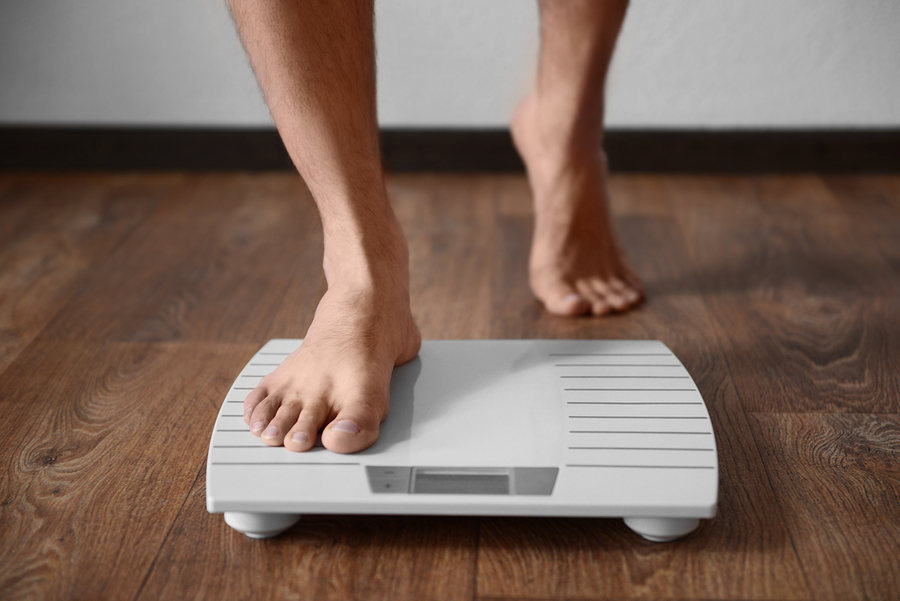
Cases of opioid abuse and overdose have been rising drastically in recent years, causing widespread concern for the health of the country. Recently a white house panel created by Trump recommended that the president to declare the opioid crisis a national emergency.
His commission on the opioid crisis was created in March with Governor of New Jersey, Chris Christie appointed to lead it. The panel held its first public meeting last month and just recently issued an interim report about the state of opioid addiction and abuse in the U.S.
The commission members wrote that the death toll for opioid abuse has reached an unprecedented level of 142 Americans dying every day. They believe that if the president declared the crisis a state of emergency that it would force Congress to focus on providing funding for treatment and prevention and empower the executive branch to take steps to reduce this loss of life.
Treating and Preventing Opioid Abuse
Within the report, the commission also proposed waiving a federal rule that places a strict limit on the number of people who can receive addiction treatment through Medicaid. They called for greater access to medications used to treat opioid addiction as well as legislation to allow states to use naloxone which is employed by first responders to reverse the effects of an overdose. They also emphasized prevention methods such as requiring “prescriber education initiatives”.
The main goal of declaring a state of emergency would be to allow Americans to take the crisis more seriously as an urgent matter affecting the country. A state of emergency would also mean that federal agencies would focus more attention and coordination toward the issue to save as many lives as possible.
Certain states have already taken the step to declare a state of emergency for the opioid crisis including Arizona, Florida, Maryland, Massachusetts and Virginia with Alaskan governor Bill Walker issuing a disaster declaration. Alaska’s health department found that the emergency declaration helped improve coordination between agencies and worked to expand access to naloxone.
Implications of an Emergency Declaration
The director of the Centers for Disease Control and Prevention, Dr. Tom Frieden believes a state of emergency may not be the right solution as it is usually reserved for national disasters and infectious diseases such as the H1N1 virus. He thinks the focus should be placed on improving prescribing methods and cutting down the flow of illegal opioids into the country.
However, those involved in anti-addiction groups across the country assert that a state of emergency could be a significant step in acknowledging how severe the crisis is currently and how much effort is needed to curb abuse and overdose deaths. They believe the opioid crisis needs national emergency funding and changes to regulations which could potentially save lives.

According to the commission’s report, an emergency declaration could give the government the power necessary to quickly expand access to inpatient treatment services and even lower prices for naloxone so that more people recover from overdoses. People are concerned about how the Trump administration might respond to the report because of their past record regarding policies to limit healthcare access for drug users. The administration had proposed in their health care bill (which recently failed to pass the senate) to cut funding for agencies addressing the opioid crisis.
The Opioid Crisis and Healthcare
The opioid crisis commission has been plagued by contradictions between the Trump administration’s policies and proposed solutions which emphasize expanded healthcare access rather than stricter Medicaid regulations. Their main concern is that the administration’s efforts to repeal and replace the Affordable Care Act could be detrimental to dealing with the current level of opioid addiction. Members of the commission asserted that the crisis could become worse if the government makes it harder and more expensive to receive healthcare coverage for addiction treatment.
Threats to cut funding have made the situation difficult for key agencies who are tasked with responding to the crisis. The white house had initially proposed cutting 95% of funding to the Office of National Drug Control Policy as part of its new budget but eventually restored funding in a revised version due to backlash from both Republicans and Democrats.
Dealing with the crisis has also been hampered by leadership vacancies such as Trump’s decision to fire the US surgeon general in April. This position has not yet been filled and the CDC only recently appointed a new director after Frieden resigned in January.
If President Trump agrees with the commission and declares a state of emergency it will remain to be seen how his administration chooses to handle the crisis. Expanding access to treatment and prevention will be a key element in stemming the tide of overdose deaths in the country if the government decides to become more active in handling the emergency.
The post State of Emergency Called for Opioid Crisis appeared first on The Gooden Center.
source https://www.goodencenter.org/state-emergency-called-opioid-crisis/



